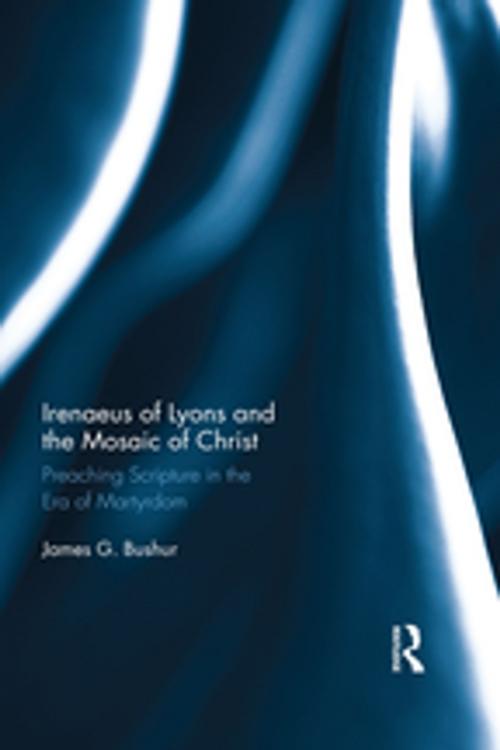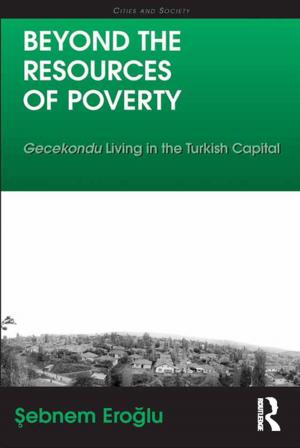Irenaeus of Lyons and the Mosaic of Christ
Preaching Scripture in the Era of Martyrdom
Nonfiction, Religion & Spirituality, Christianity, General Christianity, Theology, Church| Author: | James G. Bushur | ISBN: | 9781351846189 |
| Publisher: | Taylor and Francis | Publication: | April 21, 2017 |
| Imprint: | Routledge | Language: | English |
| Author: | James G. Bushur |
| ISBN: | 9781351846189 |
| Publisher: | Taylor and Francis |
| Publication: | April 21, 2017 |
| Imprint: | Routledge |
| Language: | English |
Recent theological scholarship has shown increasing interest in patristic exegesis. The way early Christians read scripture has attracted not only historians, but also systematic and exegetical scholars. However, the Christian reading of scripture before Origen has been neglected or, more often, dominated by Gnostic perspectives. This study uses the writings of Irenaeus to argue that there was a rich Christian engagement with scripture long before Origen and the supposed conflict between Antioch and Alexandria.
This is a focused examination of specific exegetical themes that undergird Irenaeus’ argument against his opponents. However, whereas many works interpret Irenaeus only as he relates to certain Gnostic teachings, this book recognizes the broader context of the second century and explores the profound questions facing early Christians in an era of martyrdom. It shows that Irenaeus is interested, not simply in expounding the original intent of individual texts, but in demonstrating how individual texts fit into the one catholic narrative of salvation. This in turn, he hopes, will cause his audience to see their place as individuals in the same narrative.
Using insightful close reading of Irenaeus, allied with a firm grounding in the context in which he wrote, this book will be vital reading for scholars of the early Church as well as those with interests in patristics and the development of Christian exegesis.
Recent theological scholarship has shown increasing interest in patristic exegesis. The way early Christians read scripture has attracted not only historians, but also systematic and exegetical scholars. However, the Christian reading of scripture before Origen has been neglected or, more often, dominated by Gnostic perspectives. This study uses the writings of Irenaeus to argue that there was a rich Christian engagement with scripture long before Origen and the supposed conflict between Antioch and Alexandria.
This is a focused examination of specific exegetical themes that undergird Irenaeus’ argument against his opponents. However, whereas many works interpret Irenaeus only as he relates to certain Gnostic teachings, this book recognizes the broader context of the second century and explores the profound questions facing early Christians in an era of martyrdom. It shows that Irenaeus is interested, not simply in expounding the original intent of individual texts, but in demonstrating how individual texts fit into the one catholic narrative of salvation. This in turn, he hopes, will cause his audience to see their place as individuals in the same narrative.
Using insightful close reading of Irenaeus, allied with a firm grounding in the context in which he wrote, this book will be vital reading for scholars of the early Church as well as those with interests in patristics and the development of Christian exegesis.















